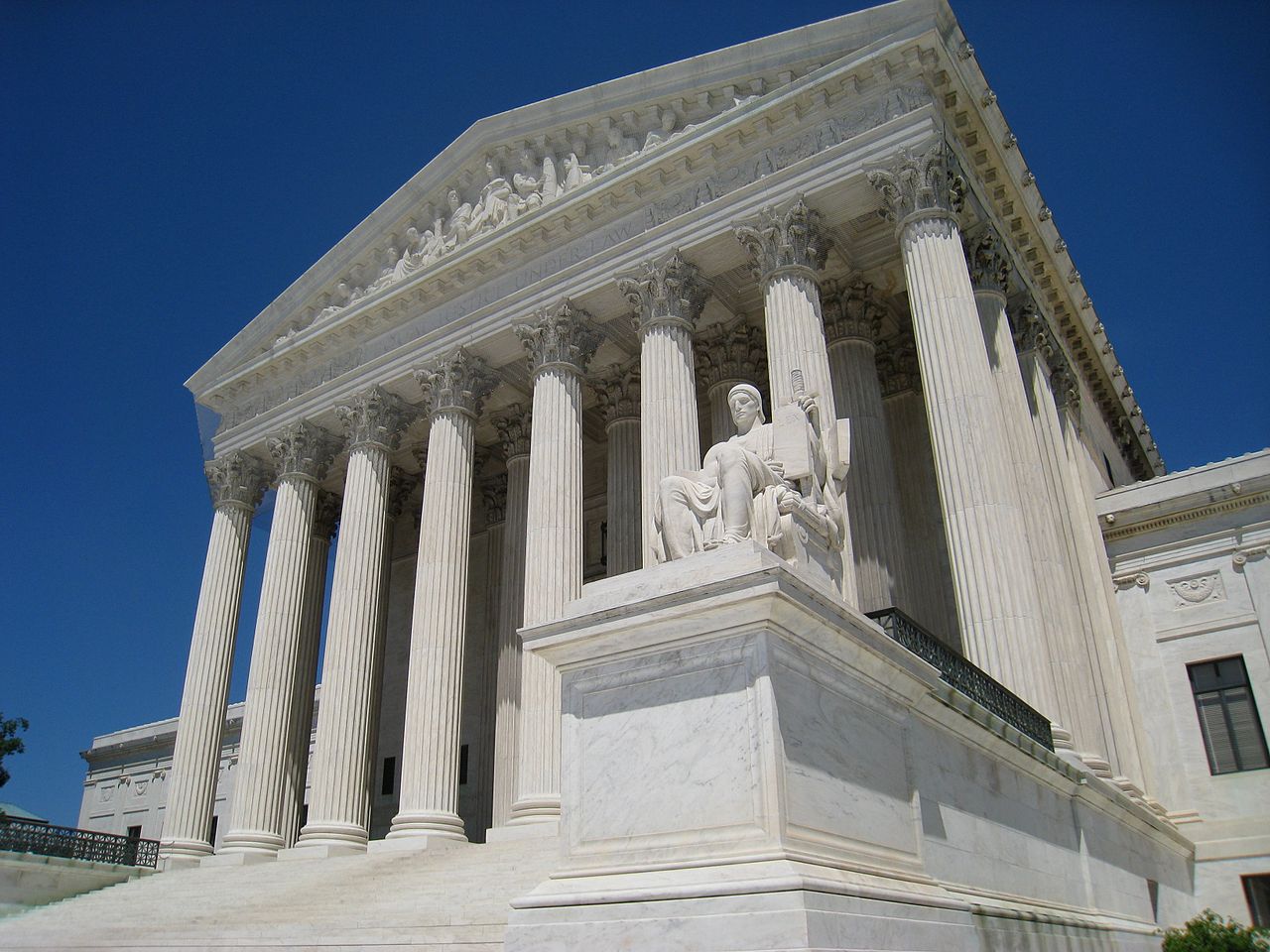Views expressed in opinion columns are the authors’ own.
This past week’s confirmation hearings for Judge Brett Kavanaugh, President Trump’s Supreme Court nominee, raised a lot of questions: What is Kavanaugh’s view on abortion rights? How much does the Constitution constrain presidential action? But, one question didn’t come up: Is the Supreme Court a good idea? The answer is clear. The Court is an undemocratic, immoral institution, and we should get rid of it.
Popular history tends to treat the Court as the engine powering the train of American progress, dragging society at increasing speed toward a rights-filled future. The history of the Court is offered as a trinity of social justice cases, starting with desegregation in Brown v. Board of Education, moving through reproductive rights in Roe v. Wade and ending with gay marriage in Obergefell v. Hodges. This perverse history ignores that the Court often created or worsened the problems it then “solved” decades later.
Take Brown. Like John Kerry and the Iraq War, the Court was for segregation before it was against it; the 1883 Civil Rights Cases held that the original Civil Rights Act (which banned discrimination all the way back in 1875) was unconstitutional because Congress had no power over private businesses. This disastrous decision was followed by the better-known 1896 Plessy v. Ferguson, which found that mandating segregation was allowed by the Constitution, enabling decades of Jim Crow.
Roe v. Wade, the 1973 ruling establishing a right to abortion access, is a landmark case for the rights to privacy and bodily autonomy. No doubt it was the same sense of reproductive justice that the Court aimed to defend in 1927’s Buck v. Bell, in which Justice Oliver Wendell Holmes wrote for an 8-1 majority that Virginia could forcibly sterilize Carrie Buck and others it deemed mentally unfit, because “three generations of imbeciles are enough”. (The case has never been overturned.)
The Court’s erratic and horrifying history is the result of a fundamental problem with its design. The Court supposedly protects the Constitution from irresponsible elected legislators, stepping in like a parent stopping their child from gorging on Ben and Jerry’s Unconstitutional Racism and Misogyny Swirl. But the Court’s lack of enforcement powers make this task impossible. As John Roche explains in his 1955 article “Judicial Self-Restraint”, if the Court were to overturn a very popular, unconstitutional law, Congress would in turn use things like court-packing and impeachment to reduce the power of the Court.
There is no need for the Court to overturn particularly unpopular laws that violate the Constitution because their unpopularity makes it likely the legislature will eventually handle it. That leaves only scenarios in which the country is seriously divided over a law to be deliberated. In these cases, the Court’s ruling is likely to be followed, because there will always be a sizeable faction that supports the ruling, no matter what the ruling is. Roche argues that the Court’s power here is a good thing because it allows the issue to be resolved without turning citizens against each other. But if there is serious controversy over a law, it’s especially difficult for a supposedly self-governed country to take control of the law away from the people and hand it over to a tiny clique of elite lawyers.
In Marbury v. Madison, Chief Justice John Marshall wrote that “it is emphatically the … duty of the judicial department to say what the law is.” But their history speaks for itself: the Court has changed the constitutional status of segregation, provisions of the New Deal, gay sex, gun control, excluding illegally-obtained evidence from court, corporate campaign donations, public-sector union dues, inflammatory speech, Franklin Roosevelt’s concentration camps for the Japanese, and much more. The Court does not know what the law is — only what they want it to be. It’s long past time to neuter the Supreme Court. Two hundred and thirty years of lawyer-king imbeciles are enough.
John-Paul Teti is a senior computer science major. He can be reached at jp@jpteti.com.



